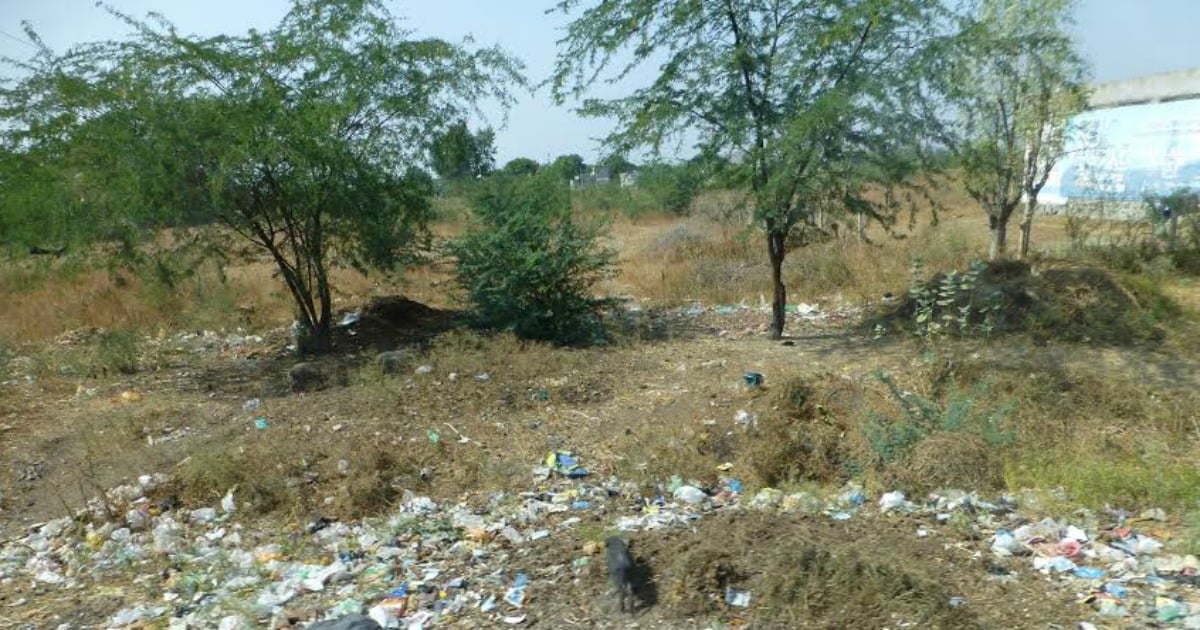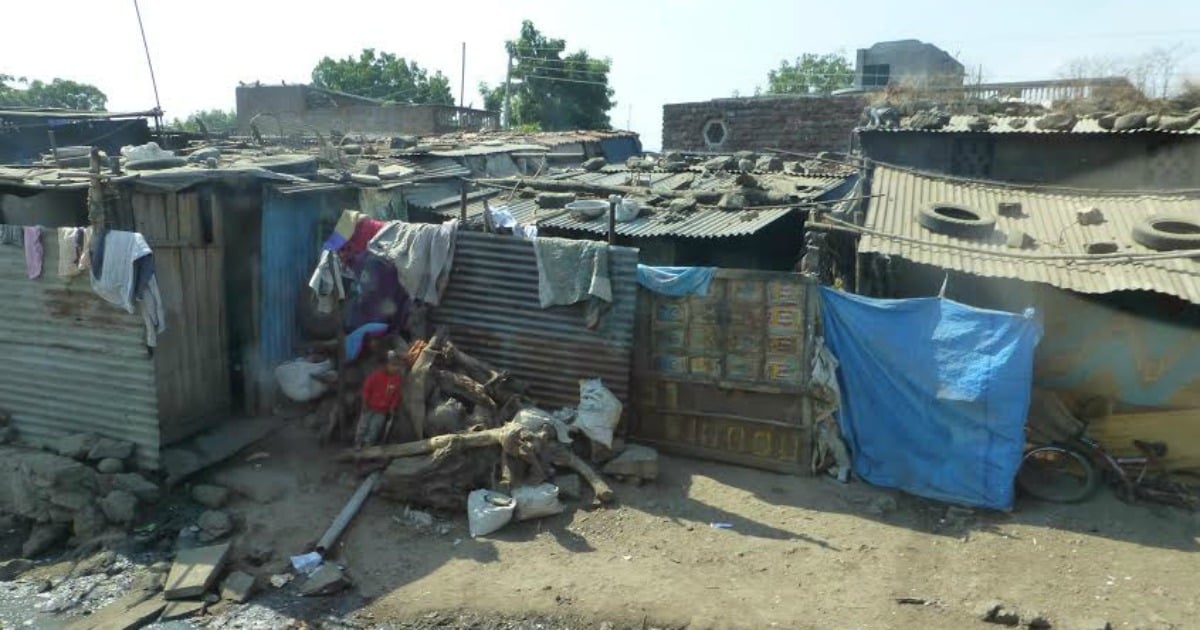Travel is a wonderful thing, allowing us to see marvellous archaeological sites, architecture and natural wonders, and to experience different cultures and meet interesting people. But it can also shock you to the core.
Some destinations really open your eyes to the world’s injustices. For me, India was one such place.
I’d never had a huge desire to go, but a few years ago it suddenly jumped up my bucket list. I think the Incredible!ndia tourism campaign had a lot to do with it — all those images of colourful saris and the Taj Mahal made it look so enticing. And it is.
I spent three weeks travelling throughout the country with World Expeditions, from cruising the backwaters of Kerala, in the country’s south, to seeing Hindu pilgrims bathing in the Ganges River in Varanasi. It was a truly ‘incredible’ experience.




Top Comments
Oh man. White people need a tour service to go ogle poor communities in order to understand how good their lives are now?
India was on my bucket list and my "before kids" list. So glad we went. It was beautiful, colourful and exciting. It was also smelly, uncomfortable, crowded and confronting. I can't say I loved every minute of our trip or even most of our trip, but I'll be forever glad I went.